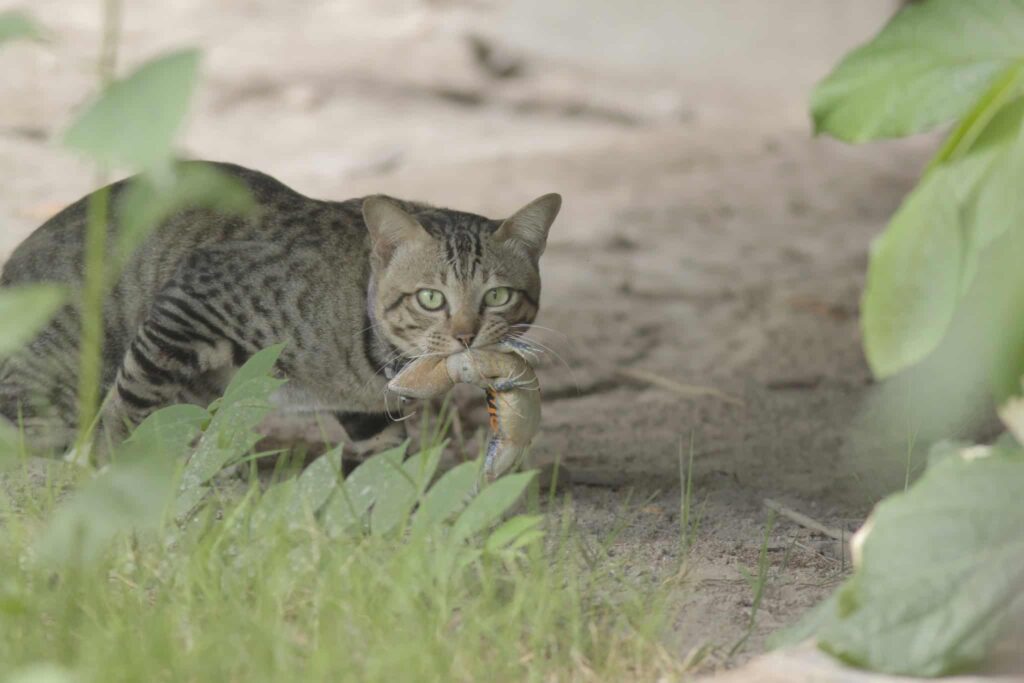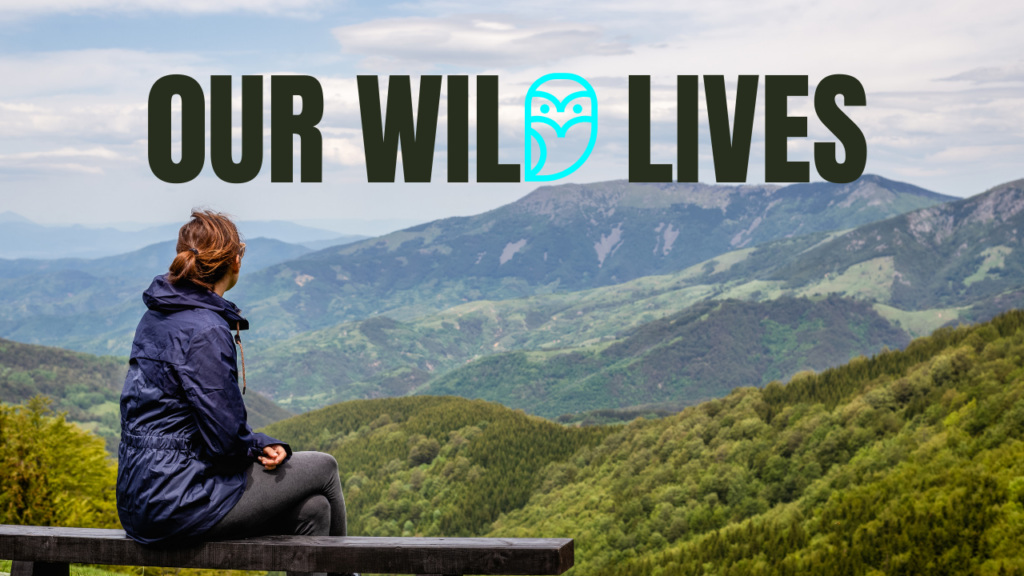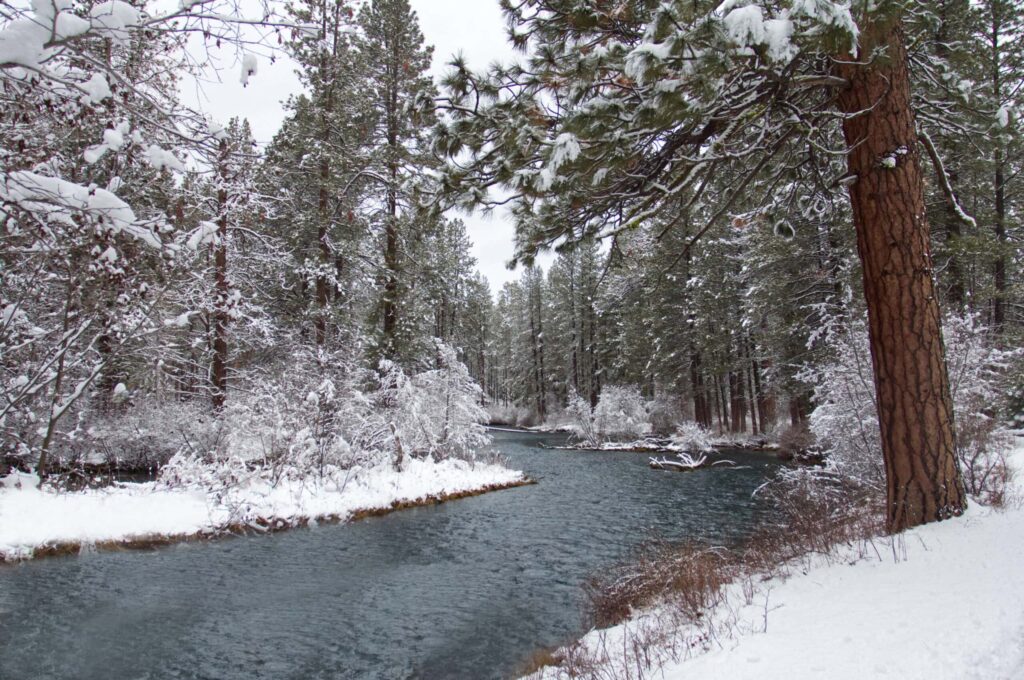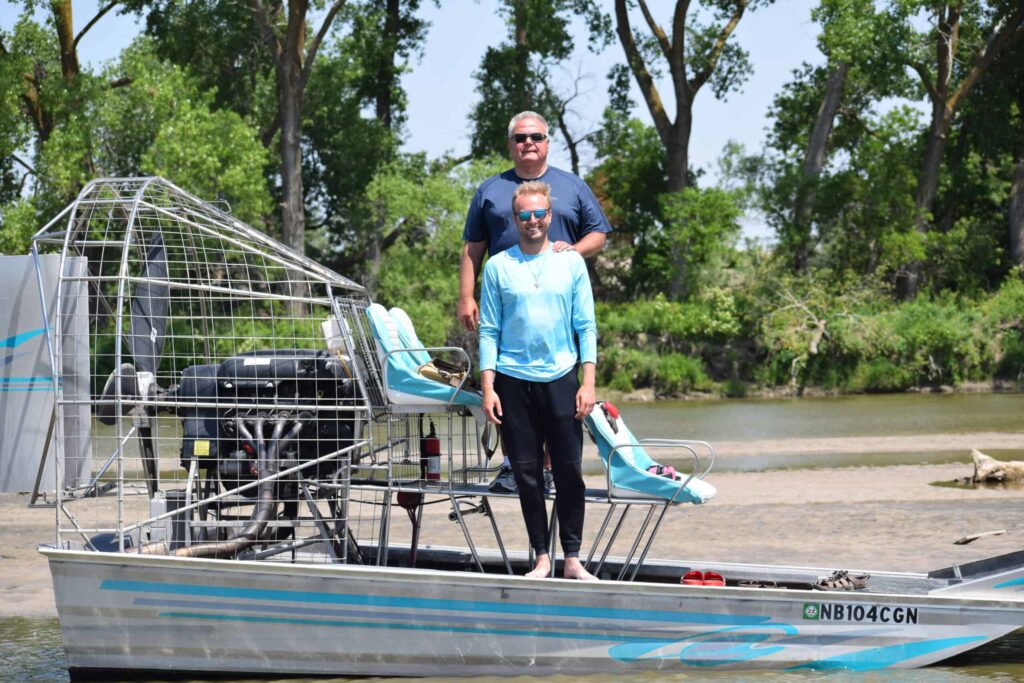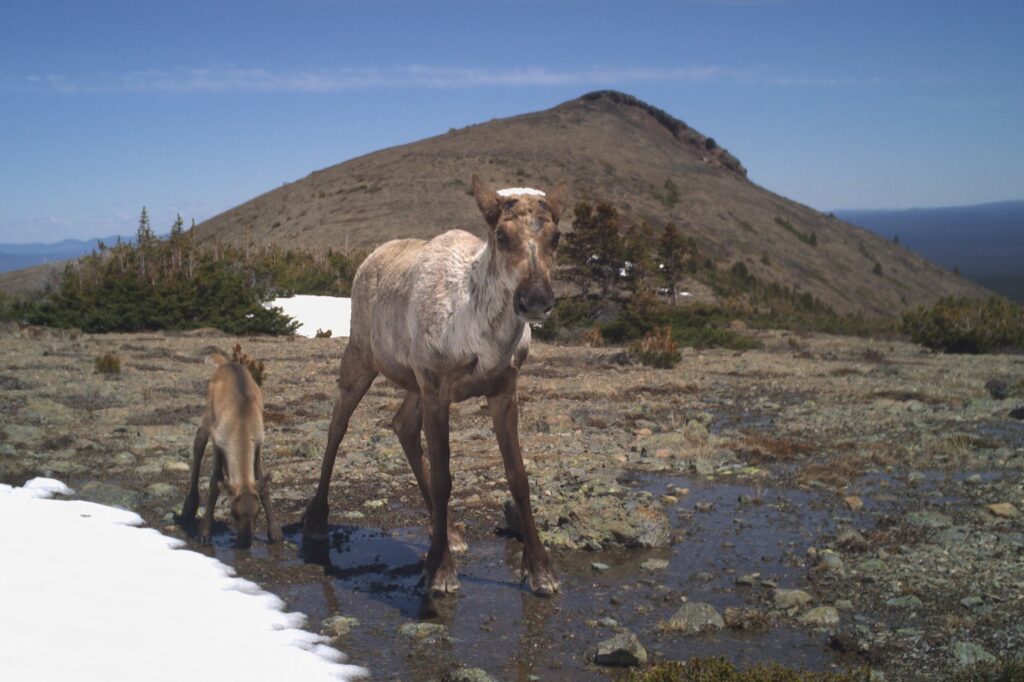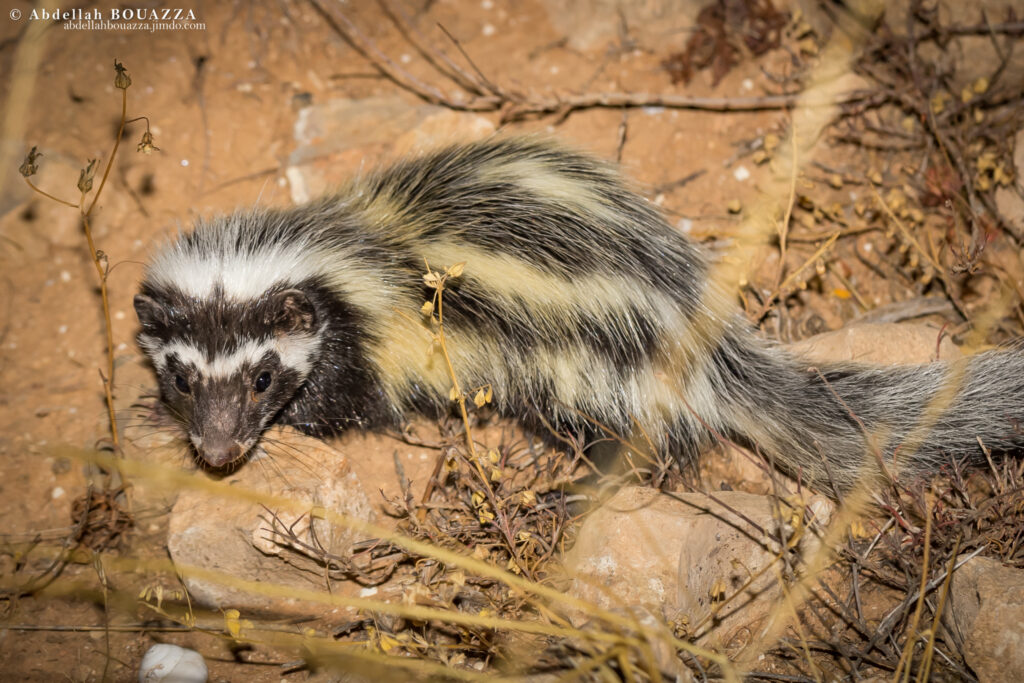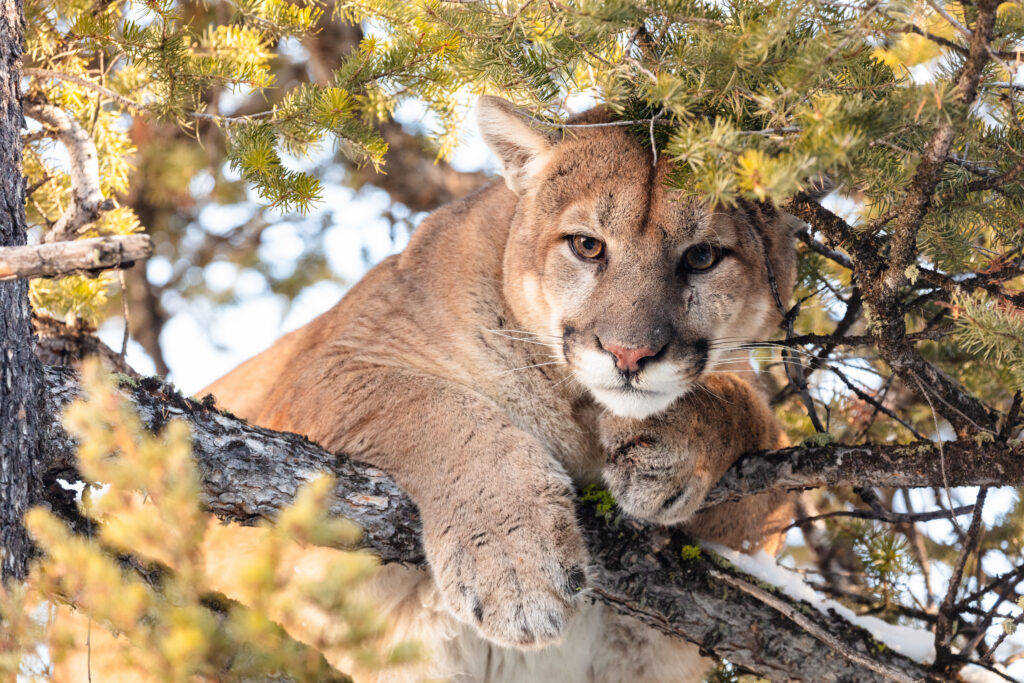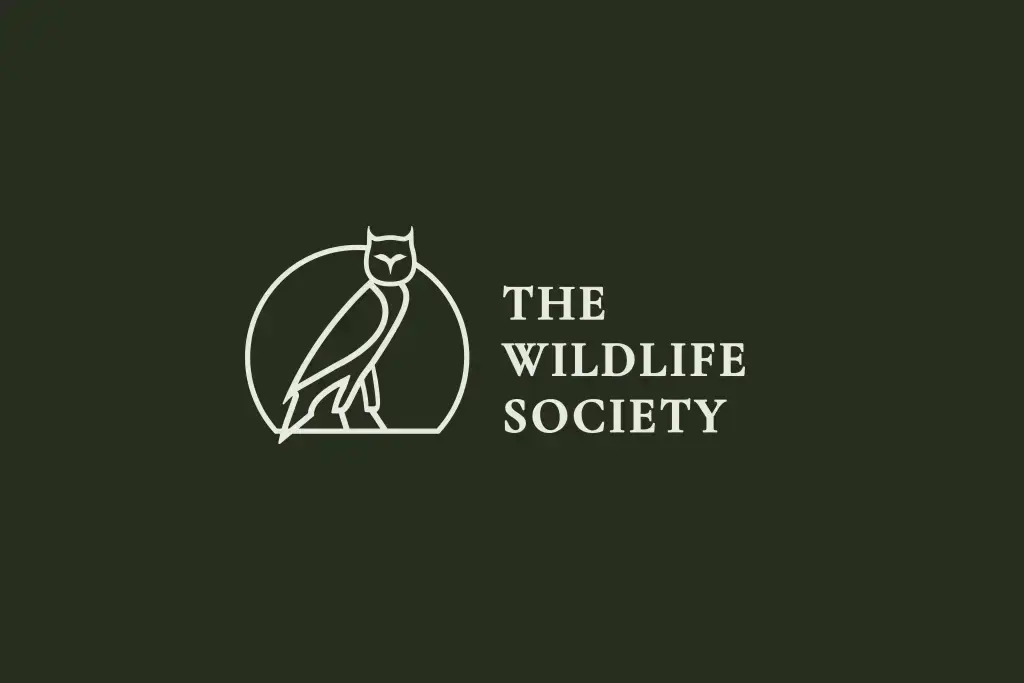I would like the wildlife profession to change from focusing on wildlife management from the lens of species control to focusing on the human response to living among and with wildlife.
A large section of the wildlife profession is focused on wildlife management and how humans can organize and coordinate efforts to control wildlife populations. Leadership at national, state/provincial and regional levels has become so consumed with how wildlife should fit conveniently into the human way of life and less concerned by how human behavior is often negatively impacting every ecosystem on the planet.

Wildlife professionals can work toward combating human egotism by speaking out about and focusing on efforts to reduce plastic and energy consumption and pollution. We should be the leaders in recognizing that reducing our consumption and pollution will not only directly benefit wildlife and wildlands, but it will serve as a powerful catalyst for all humans to follow suit.
As a nature interpreter guiding youngsters, I focused on correcting language—and hopefully mindsets—from “I caught it; it’s mine,” to “It exists,” and “I am responsible for that life, so how will I return it home safely?” We need not focus only on our actions but also on our words.
The language we use can perpetuate the idea that humans sit atop an evolutionary pedestal, or it can perpetuate the current scientific evidence that we are purely another evolutionary branch placed beside other branches. This language includes dropping the phrase ‘the human world’ versus ‘the natural world.’
There is only one world—we share it with everything. The world is not our playground. It’s not our greenspace to trash. It’s not “ours” at all. We are responsible for our behaviors, and we have not been charged with controlling wildlife. In fact, it is our responsibility to recognize that our behaviors have become so detrimental, we now exist among wildlife populations that are severely threatened—of the total species assessed by IUCN, a staggering 27% are considered threatened.
Humans—especially those in the wildlife profession—have a duty within the next 10 years to be vocal and active in reducing the human footprint if we all want to continue to see and experience wildlife. This can be visibly achieved starting with professional conferences lie the TWS Annual Conference: no more plastic water bottles, no more excessive plastic waste, providing composting options and thinking about hosting organizations that use renewable energy. Humans need to take responsibility in the area of wildlife stewardship and not just manage other species for our convenience.
Wildlife Vocalizations is a collection of short personal perspectives from people in the field of wildlife sciences.
Learn more about Wildlife Vocalizations, and read other contributions.
Submit your story for Wildlife Vocalizations or nominate your peers and colleagues to encourage them to share their story. For questions, please contact tw*@******fe.org.
Article by The Wildlife Society